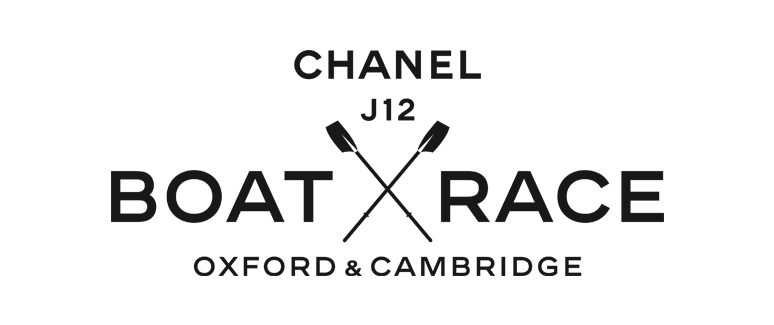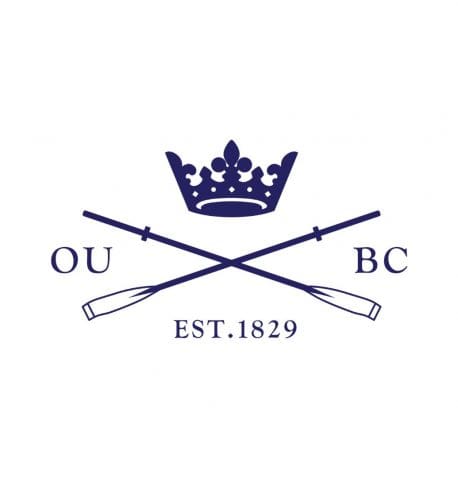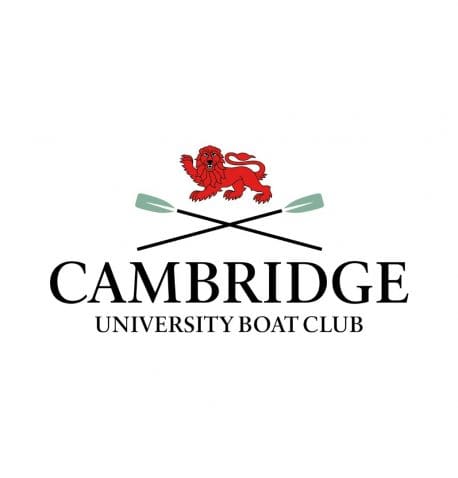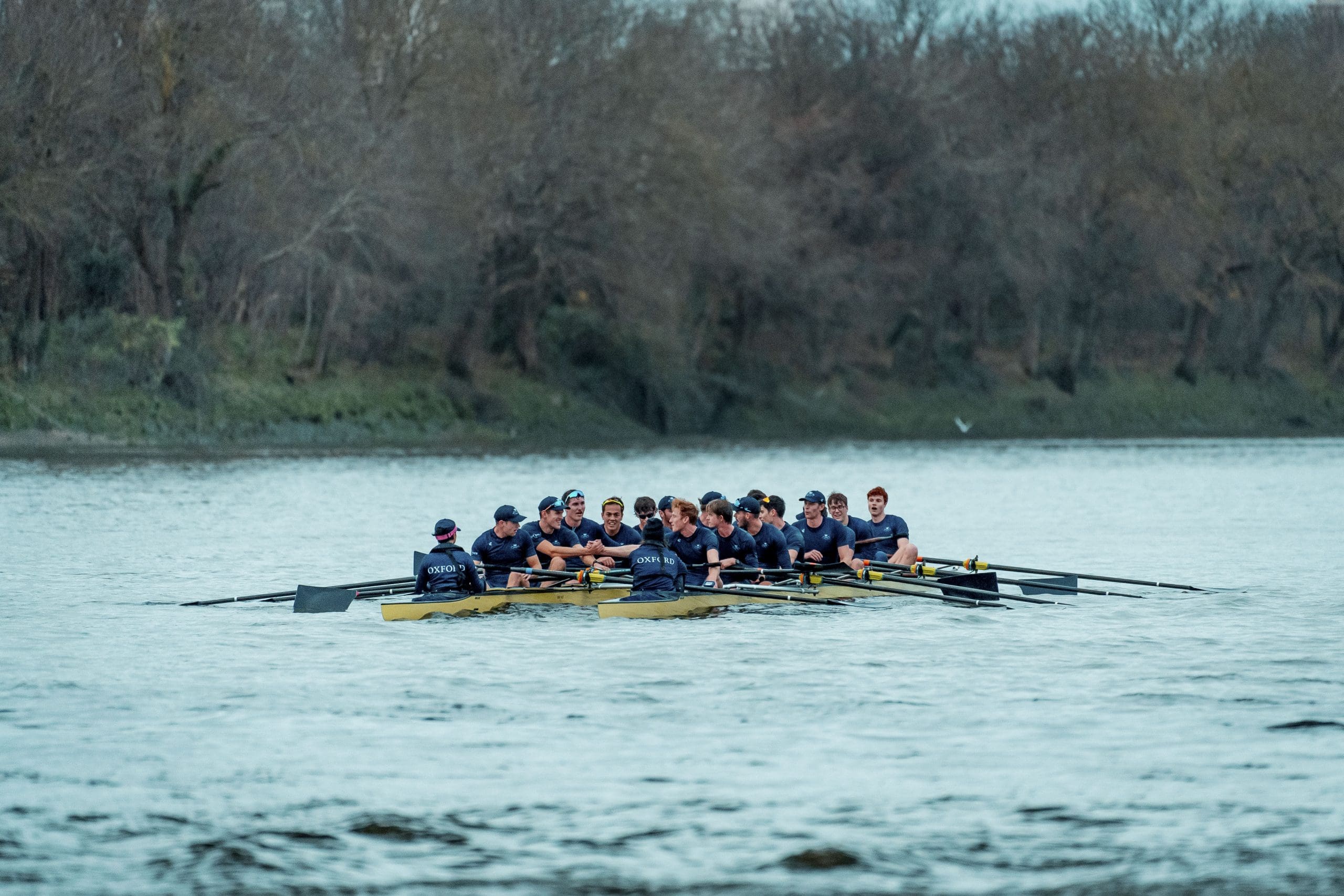The Umpire is responsible for the conduct of The Boat Race.
There are 10 rules of The Boat Race which have stood the test of time. They are supported by Ancillary Provisions and Temporary Variations for when the race is not held on The Championship Course, such as in 2021 when the race was held in Ely.
During the race, the prime objective of the Umpire is to ensure crews do not make physical contact with each other and will in principle only warn if there is a ‘risk of a foul’ or for safety.
The Boat Race is usually umpired by an ‘old Blue’, with an ex-Oxford umpire alternating year-on-year with an ex-Cambridge umpire.
The Umpire is selected from the Umpires’ Panel comprised of umpires from each university. The panel shares experiences, pools expertise and has evolved to assure sustainable and consistent umpiring of The Boat Race.
QUICKFACT
In the modern era, in the Isis/Goldie Race of 1990, Isis was disqualified. In 2011 in the Blondie/Osiris race, Osiris was disqualified.
For 2025, the Umpires will be:
Men’s Boat Race Umpire – Sarah Winckless
Men’s Boat Race Assistant Umpire – Caroline Lytton
Women’s Boat Race Umpire – Matt Pinsent
Women’s Boat Race Assistant Umpire – Sarah Langslow
Osiris-Blondie Umpire – Ciaran Hayes
Osiris-Blondie Assistant Umpire – John Garrett
Isis-Goldie Umpire – Matthew Holland
Isis-Goldie Assistant Umpire – TBC
Lightweight Women’s Boat Race Umpire – Kath Finucane
Lightweight Men’s Boat Race Umpire – Clare Harvey
Aligner – Daniel Walker
Finish Judge – Ben Kent
The 10 Rules of the Boat Race
1. The conduct of each race shall be the sole responsibility of the Umpire, who shall be chosen by mutual consent of the Presidents of the University Boat Clubs.
2. The Umpire shall be responsible for positioning the stakeboats, which shall not be moved after the toss for choice of stations has taken place except with the agreement of both parties.
3. Each crew shall be attached to its stakeboat five minutes before the official start time of each race: lateness renders a crew liable to the award of a False Start from the Umpire. If, once the Umpire has commenced the starting sequence, the Umpire considers that there has been a False Start the Umpire shall at once recall the crews to their stakeboats and shall award a False Start to the offending crew. A crew with two False Starts shall be disqualified.
4. A boat’s proper course is such as will enable it to reach the winning post in the shortest possible time, provided that it allows ample water for the other crew to steer its proper course on the side on which it started, when that crew is in a position to enforce its right to that water. But both boats shall pass through the centre arches of Hammersmith and Barnes Bridges. A boat failing to keep to its proper course does so at its peril in the event of a foul occurring.
5. The Umpire shall be the sole judge of a boat’s proper course. The Umpire may warn either or both crews when the Umpire considers that there is danger of a foul occurring, or if there is any obstruction on the course, but the Umpire shall not otherwise direct the steering of either crew.
6. It shall be considered a foul, when after each race has started, there shall be any physical contact between the boats, oars, or persons, of the two crews.
7. In the event of a foul occurring either crew may claim, to the Umpire, that the other crew be disqualified. If the crew making the claim was in its proper course, and the crew against whom the claim is made was out of its proper course, the latter shall be disqualified unless the foul was so slight as not to influence the race. In this case the crew against who the claim was made shall only be disqualified if, in the opinion of the Umpire, it has seriously or deliberately encroached on the course of the crew making the claim.
8. In the event of a serious or deliberate foul the Umpire shall disqualify the offending crew without waiting for a claim. The Umpire may do this at once or at any later time up to or immediately after the end of the race. (Note: This means that the Umpire may delay this decision, either in the interests of safety, or to see whether a foul has, in fact, influenced the result of the race).
9. The crews shall abide by their accidents. But the Umpire may declare “No Race”, and order a restart, or a re-row,
(i) if either crew is interfered with by any outside agency to such an extent as to influence the result of the race.
(ii) if, before reaching the end of the wall, either crew should suffer any serious accident or sinking or waterlogging, which is not due to the fault of any member of the crew concerned.
10. Refusal to abide by the decision of the Umpire, or to follow the Umpire’s instructions, shall render a crew liable to disqualification.
ANCILLARY PROVISIONS
General
Each club acknowledges that the British Rowing rules and regulations apply to it and that, so far as relevant, The Boat Race will be conducted in conformity with those rules and regulations. In particular, if an athlete tests positive for a substance set out in the list of prohibited substances issued by the World Anti-Doping Agency, then that athlete will not take part in The Boat Race until permitted to compete within the sport by the rules of British Rowing.
Coxswains
1. Coxswains must wear a buoyancy aid in the correct manner at all times when they are on the water, and be familiar with the method of operation.
2. Coxswains shall be weighed on The Boat Race day prior to their race. Coxswains shall be weighed in minimal clothing only (i.e. all-in-one or separate singlet (or zephyr) and shorts, plus socks), and without buoyancy aids, amplification equipment, etc.
3. The minimum weight for coxswains shall be 55 kg. To make up this weight, a lighter coxswain shall carry dead weight. Dead weight shall consist of a single weight, or as few items as possible. A coxbox or similar apparatus shall not be counted as part of the coxswain’s weight or as part of dead weight; such apparatus is deemed to be part of the boat. Dead weight should be carried as near to the coxswain as possible, but not on the coxwain, nor in a way that might impede the coxwain’s exit from the boat. Any dead weight carried, and its manner of stowage, may be checked after their race.
Boats
1. It is the responsibility of the crews to ensure that their boats are safe and are prepared to standards which conform to those required by the British Rowing code “Row Safe: A Guide to Good Practice in Rowing”. The Umpire (or a representative delegated by the Umpire) may inspect the boats prepared by the crews, and shall exclude any boat that fails to meet the standard laid down.
2. The bows of racing boats shall be properly protected. A solid ball, of not less than 4cm diameter, made of rubber or material of similar resilience, must be firmly attached to the bows. Where the construction of the boat, or its composition, is such that the bow is properly protected or its shape does not present a hazard in the event of a collision, this requirement need not apply. It is recommended that the bow ball be white as, in most circumstances, this is the most satisfactory colour with regard to judging the finish of a race.
3. No boat shall make use of any substance capable of modifying the natural properties of water to improve performance.
4. Neither crew shall make use of a boat with a sliding or swinging rigger mechanism.
5. There shall be no restriction on the design of boats or equipment other than as described above.
6. Each crew is responsible for its own steering. There shall be no advice given from outside the boat or instruction about the conduct of a race; and there shall be no close following or pacing during a race by other boats or launches. Any launch from either University moving ahead of the umpire’s launch at any time during a race shall render that University’s crew liable to disqualification.
Temporary variations to The Rules of The Boat Race when not held on the Championship Course
1. In Rule (4), the stipulation “But both boats shall pass through the centre arches of Hammersmith and Barnes Bridges” shall not be applied.
2. In Rule (9ii), the condition “Before reaching the end of the wall” shall be replaced by “Before reaching a marker, mutually agreed by the Presidents of the University Boat Clubs and clearly visible from the river to the Umpire and coxwains, approximately 500m from the start”.
Disqualification
The only disqualification happened once in the modern era; in the Isis/Goldie Race of 1990, when the umpire was John Garrett.



